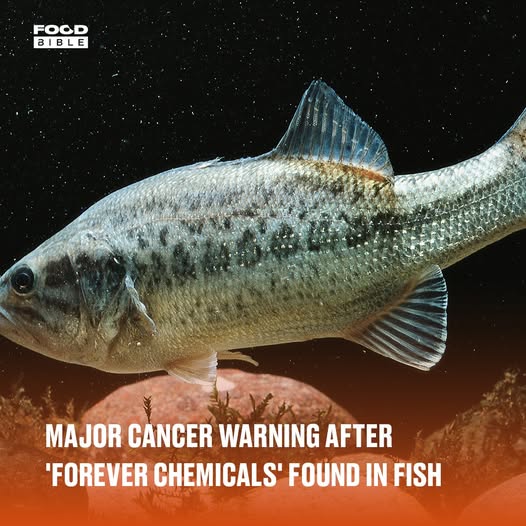A new study has revealed alarming results: one-third of fish sampled from lakes, rivers, and coastal waters were found to be unsafe for human consumption. The research, conducted by environmental scientists and published in a peer-reviewed journal, highlights the growing concerns around water pollution and its impact on food safety. Toxic substances such as mercury, PCBs (polychlorinated biphenyls), and microplastics were among the primary contaminants detected in the fish.
The study examined over 500 fish samples from various regions and found significant levels of pollutants in species commonly consumed by people. In some cases, mercury levels exceeded safety limits set by the World Health Organization. Mercury exposure can lead to serious health problems, especially in pregnant women and children, including neurological and developmental damage. Experts warn that even small amounts consumed regularly can pose a long-term health risk.
According to the researchers, industrial waste, agricultural runoff, and plastic pollution are the main contributors to the contamination. “We are witnessing the result of years of environmental neglect,” said one of the lead authors. The scientists also noted that the issue is not limited to developing nations—some of the most contaminated samples were found in regions with advanced waste management systems, suggesting a global problem that transcends borders.
Environmental groups and health organizations are urging governments to take stronger action to regulate pollutants and protect aquatic ecosystems. Consumers are also advised to be cautious about the types of fish they consume, to check local advisories, and to support sustainable fishing practices. While fish remains an important part of a healthy diet, this study serves as a reminder that protecting the environment is directly linked to protecting our health.
